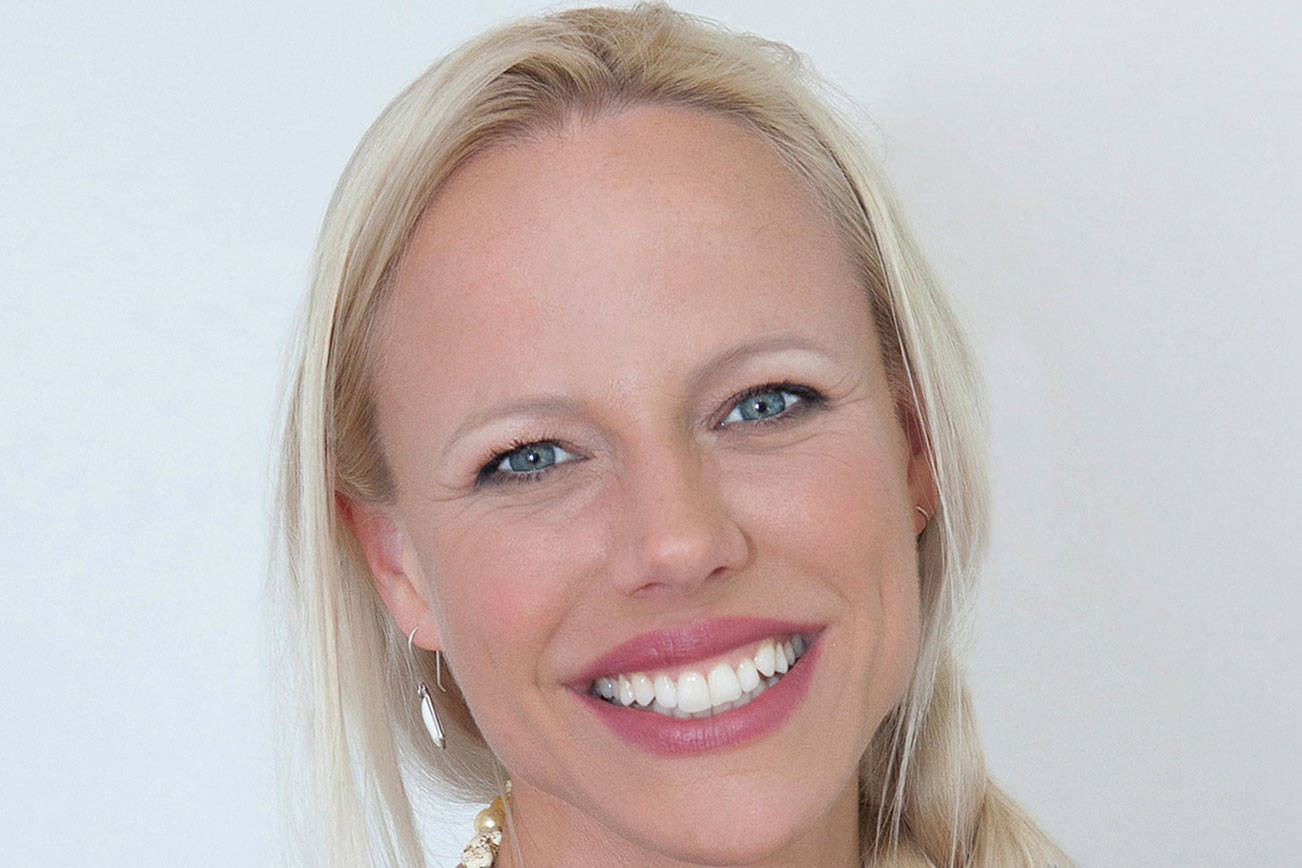By Dora Gyarmati
Special to the Reporter
Freedom is cherished and defended by Americans, and since we celebrate Independence Day — the most integral representation of our idea of freedom — in July, I thought this would be a perfect time to mindfully reflect on “freedom.”
Are we really free?
We speak of freedom of speech and freedom of expression as if it is a simple straightforward concept. But that is far from the truth.
Those of you well versed in philosophy, history and law know there are tens of thousands of pages written on topics related to freedom. There is a curious divide between our culture’s oversimplification of the idea of freedom and the complexity of the subject. That lack of examination and understanding of the nature of freedom can lead to trouble since the word is emotionally charged, thus it is easily manipulated by those with power.
Freedom is not an American product — it has its roots in Greek and Hindu philosophy. Our Constitution is modeled much after the Greek method, but the Transcendentalist movement of the late 19th and early 20th century left plenty of footsteps from Hindu philosophy. America is part of a long and complex human story, and freedom has always occupied the human mind.
Let’s take a short trip back into the history of freedom.
Freedom in Indian philosophy via the Upanishads and Bhagavad Gita set a triple definition of Swaraj (the Sanskrit term for freedom derived from “swa,” meaning one’s own, and “raj,” to rule) :
• Swaraj, politically, is the freedom to rule over property and land.
• Swaraj, physiologically, is to rule over one’s thoughts. But in this application swaraj is best translated as “self-knowledge.” Thus freedom represents being free from ignorance, illusion and fear.
• Swaraj can also be used spiritually, as in the Bhagavad Gita — that is, true liberation can only come if one is free from obsession over money, materialistic possessions and cravings.
In the ancient Indian paradigm, freedom is both internal and external.
In ancient Greece, the idea of freedom is tightly wound with the political system of democracy.
It is the Greek system that our founding fathers used as base for their concept of freedom. But even during Greek times there was a psychological component that is necessary to freedom. Plato wrote extensively that the decline of democracy in his lifetime in Ancient Greece had to with popularity being confused and equated with democracy. He advocated a system based on meritocracy in his famous metaphor on “The Ship of State.”
It is because of Plato’s warning and the example of the decline of ancient Greece that our founding fathers chose an Electoral College for the voting system instead of a straight forward populist vote. (We should not forget that Hitler was elected with a straight forward popular vote. Yes, the electoral system is not perfect, but the popular vote has delivered WWII and the fall of ancient Greece. So before we throw the baby out with the bathwater, we may think a bit more.)
Freedom is complex. Our phycological freedom is limited by our knowledge, both education based and self-knowledge based. We can only think of concepts, solutions and ways of being from the pool of knowledge that exists in our mind.
Our spiritual freedom is limited by our self-imposed limits of ideas about our self. Do you think of yourself as beautiful, smart, successful? Do you think of yourself as a failure or as unlovable? The only way to liberate yourself from this prison is via self-study and education.
Democracy itself is based on the two inner freedoms. If citizens are “imprisoned” by self-imposed boundaries, if knowledge of philosophy and history and complex thinking is no longer taught in our school, than we no longer have citizens that can freely choose. We are easily manipulated by power and the media. (Yes, this is a shout out for mandatory high-quality liberal education to all, in addition to the practical skills we so admire nowadays.)
Since my specialty is teaching mindfulness and stress-management, I say let’s not simply celebrate Independence Day — instead, we should take half an hour to meditate on freedom.
Is your spirit free? Is your inner dialogue serving you with the power of choice and vivaciousness, or does it shut you down?
Is your mind free? Is it time to pick up a history and philosophy book and examine this concept better before the next election?
Do we have the freedom to choose as citizens? Are we free to create our life, or is the government limiting our freedom of creativity? Are we provided enough knowledge to make educated choices?
These are not simple questions, but we should take the time to answer them. I cannot think of a better way to celebrate Independence Day.
Dora Gyarmati teaches yoga and mindfulness classes. She owns Spira Power Yoga in Issaquah and West Seattle. Her company M3Bmethod also lectures on resiliency and stress management to health care professionals.


